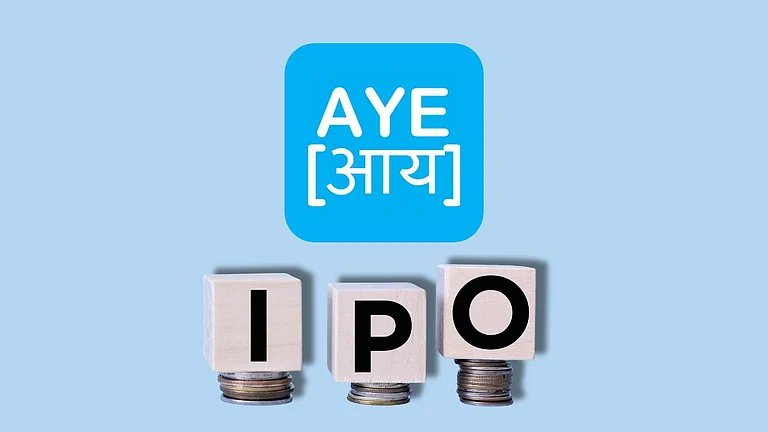Building a strong emergency fund is one of the smartest ways to use your capital. We’ve all faced unforeseen financial woes, and an emergency never gives a heads up before coming. For instance, the Covid-19 pandemic has disrupted how we work, travel, and socialise. In August, liquid mutual funds registered an inflow of Rs 50,095 crore, the highest influx of funds into any category of mutual funds. Due to its low risk and quick redemption of investment, a liquid mutual fund is an excellent choice for an emergency fund. Usually, it takes two to three days to get the redemption proceeds from a liquid scheme when you cash out your investment, but in the case of a liquid fund, you can get the funds in your bank account in as low as one day or maximum two days in some cases.
Apart from our investments, we all should have an emergency fund, which does not get swayed under high market volatility conditions and is very easy to liquefy when you need your funds. Emergency savings can be utilised to cover significant or little unanticipated debts or payments that are not part of your regular monthly expenses. Even putting small amounts of money into an emergency fund, you will feel more financially secure and can focus on building a strong investment portfolio; thus, a liquid fund is a wise investment to serve as an emergency fund.
Liquid Fund
A Liquid fund invests your money into debt instruments like Treasury bills, commercial paper, zero coupon bonds, and securities instruments like a certificate of deposit. These investment instruments provide low returns compared to equity markets but can give immunity to highly volatile conditions like a recession. They also keep a significant portion of the assets in cash and cash equivalent, “Liquid funds and Overnight funds are money-market funds typically used to park your emergency corpus and/or any idle cash needed to meet near-term expenses. These funds involve minimal credit and duration. Safety and liquidity are the key focus here, while returns take a back seat,” said Dhaval Kapadia, Director, Managed Portfolios, at Morningstar India.
Liquid Fund Gains
A liquid mutual fund can provide higher returns on your investment compared to a savings account and is an excellent alternative to your bank saving account. “Safety and liquidity are the key focus here, while returns take a back seat. Liquid funds invest in short-term instruments, certificates of deposits, commercial papers, T-bills, repo, etc. The average maturity of such funds is typically around 1-2 months. Given the short tenor of the underlying instruments, the yields (YTMs) offered by such funds closely track interest rates in the money markets as the maturity proceeds of underlying instruments are rolled over and invested at the prevailing market rates,” said Kapadia.
Things to Look Out For
When selecting a liquid mutual fund, always evaluate the assets the fund has invested. The debt holding of the funds will have credit ratings from major credit rating agencies like CRISIL, Fitch, and CARE; check the number of debt instruments with A1, AAA, and SOV ratings. Having cash and cash equivalent holding in the fund is also essential. You should also check the expense ratio, a small percentage charged by the fund house for managing the funds. “One should also evaluate the expense ratio of the underlying fund before investing, as a lower expense ratio results in higher returns assuming other fund attributes are similar,” said Kapadia.
Tax and No Exit Load
Liquid Mutual Fund has no exit load. Exit load is a small fee charged by the fund house when the investment is redeemed before a specific period. Unlike your bank fixed deposit, this enjoys taxation benefits. “Capital gains in case of holding periods up to 3 years are termed as short-term gains and taxed at the marginal rate of income. Capital gains in the case of holding periods of more than three years are termed long-term gains and taxed at 20 per cent with indexation. Any redemptions from such funds are typically credited to your account in T+1 business days,” said Kapadia.
Indexation benefit is also applicable on a return which is redeemed after a certain period, indexation accounts for inflation, which is the declining purchasing power of a currency. Cost Inflation Index (CII) is the factor which is calculated for each year and is used to determine the indexation benefit on the returns from any investments.













